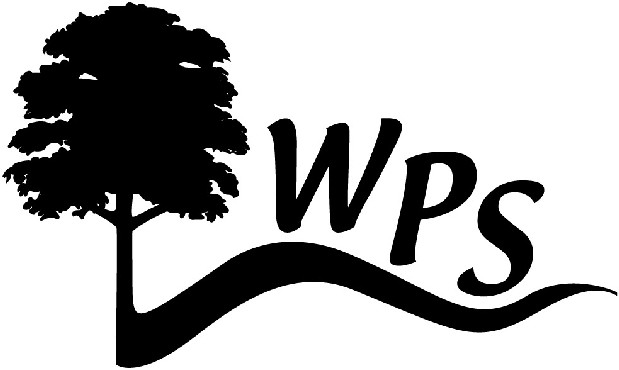Dear Parents and Carers
It was with great sadness that the school closed on Friday 20th March.
The government asked parents to keep their children at home, wherever possible, and asked schools to remain open only for those children who absolutely need to attend.
It is important to underline that for schools remain safe places for children we must strictly limit the availability of places. The fewer children making the journey to school, and the fewer children in educational settings, the lower the risk that the virus can spread and infect vulnerable individuals in wider society.
We are only open as a provision for children who are considered vulnerable, and children whose parents are critical to the Covid-19 national response (i.e. essential Key Workers) who cannot safely care for them at home .
Many parents working in these sectors will be able to ensure their child is kept at home and we ask parents to consider carefully if you can make alternative arrangements for childcare?
From Wednesday 25th March, every key worker will be asked to provide the following evidence in support of their application.
- A work ID (eg photocard / ID lanyard)
- A work schedule or letter from your line manager clearly stating the days that you will require key worker provision at Woodcroft.
From Monday 30th March we will also request to see similar evidence that both parent/carer’s are working as an essential worker on the days that Woodcroft is required the school to look after a child.
For everyone else we will be operating a virtual school using Google Classroom,
Finally, I want to thank all of you who have offered your support during these unprecedented challenges. We look forward to reopening for all as soon as possible.
Yours sincerely
Craig Tallon
Headteacher
Government Approved Key Workers:
Health and social care – includes doctors, nurses, midwives, paramedics, social workers, care workers, and other frontline health and social care staff including volunteers; the support and specialist staff required to maintain the UK’s health and social care sector; those working as part of the health and social care supply chain, including producers and distributors of medicines and medical and personal protective equipment.
Education and childcare – includes nursery and teaching staff, social workers and those specialist education professionals who must remain active during the COVID-19 response to deliver this approach.
Key public services – includes those essential to the running of the justice system, religious staff, charities and workers delivering key frontline services, those responsible for the management of the deceased, and journalists and broadcasters who are providing public service broadcasting.
Local and national government – only includes those administrative occupations essential to the effective delivery of the COVID-19 response or delivering essential public services such as the payment of benefits, including in government agencies and arms length bodies.
Food and other necessary goods – includes those involved in food production, processing, distribution, sale and delivery as well as those essential to the provision of other key goods (for example hygienic and veterinary medicines).
Public safety and national security – includes police and support staff, Ministry of Defence civilians, contractor and armed forces personnel (those critical to the delivery of key defence and national security outputs and essential to the response to the COVID-19 pandemic), fire and rescue service employees (including support staff), National Crime Agency staff, those maintaining border security, prison and probation staff and other national security roles, including those overseas.
Transport – includes those who will keep the air, water, road and rail passenger and freight transport modes operating during the COVID-19 response, including those working on transport systems through which supply chains pass.
Utilities, communication and financial services – includes staff needed for essential financial services provision (including but not limited to workers in banks, building societies and financial market infrastructure), the oil, gas, electricity and water sectors (including sewerage), information technology and data infrastructure sector and primary industry supplies to continue during the COVID-19 response, as well as key staff working in the civil nuclear, chemicals, telecommunications (including but not limited to network operations, field engineering, call centre staff, IT and data infrastructure, 999 and 111 critical services), postal services and delivery, payments providers and waste disposal sectors.
| If workers think they fall within the critical categories above they will be required confirm with their employer that, based on their business continuity arrangements, their specific role is necessary for the continuation of this essential public service. |
For further information:
